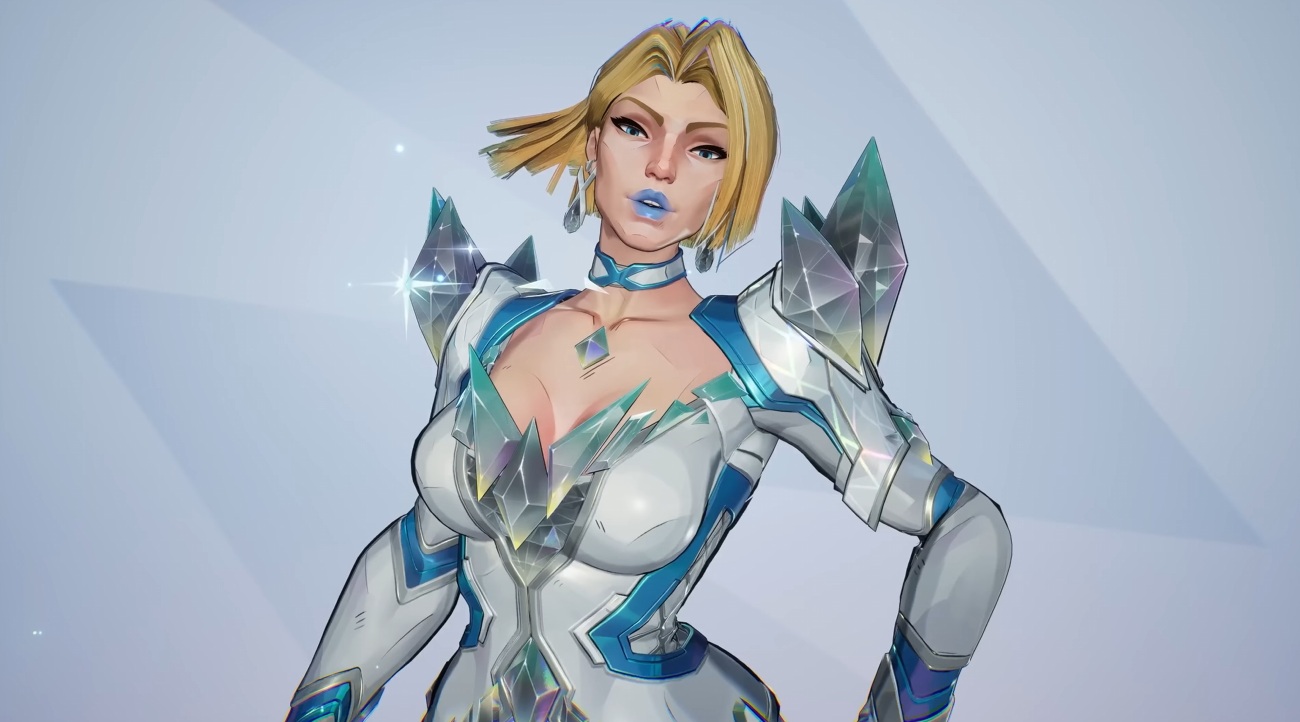The death of the NVIDIA Arm acquisition: Why it happened and who's affected
This is just how it works out sometimes.
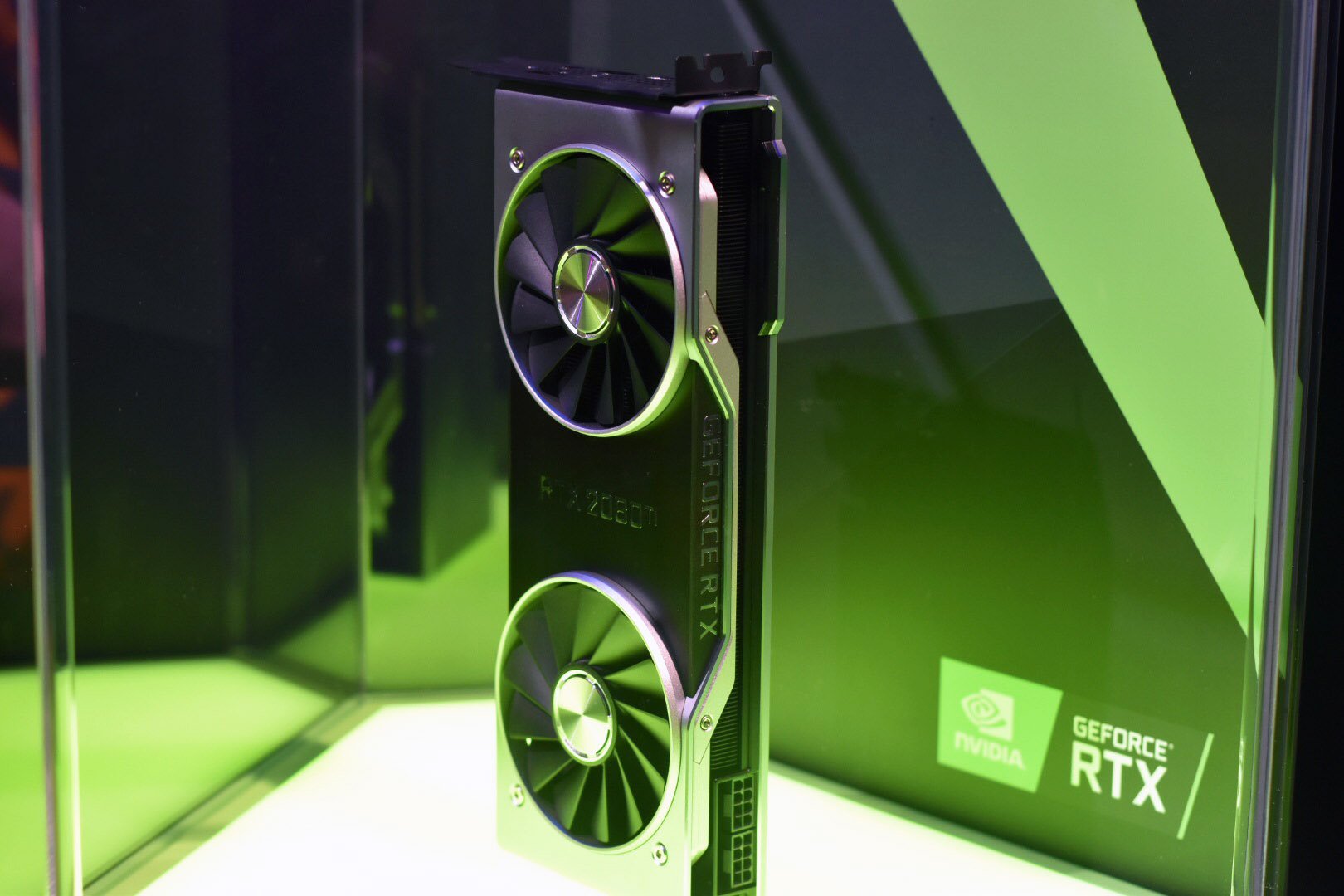
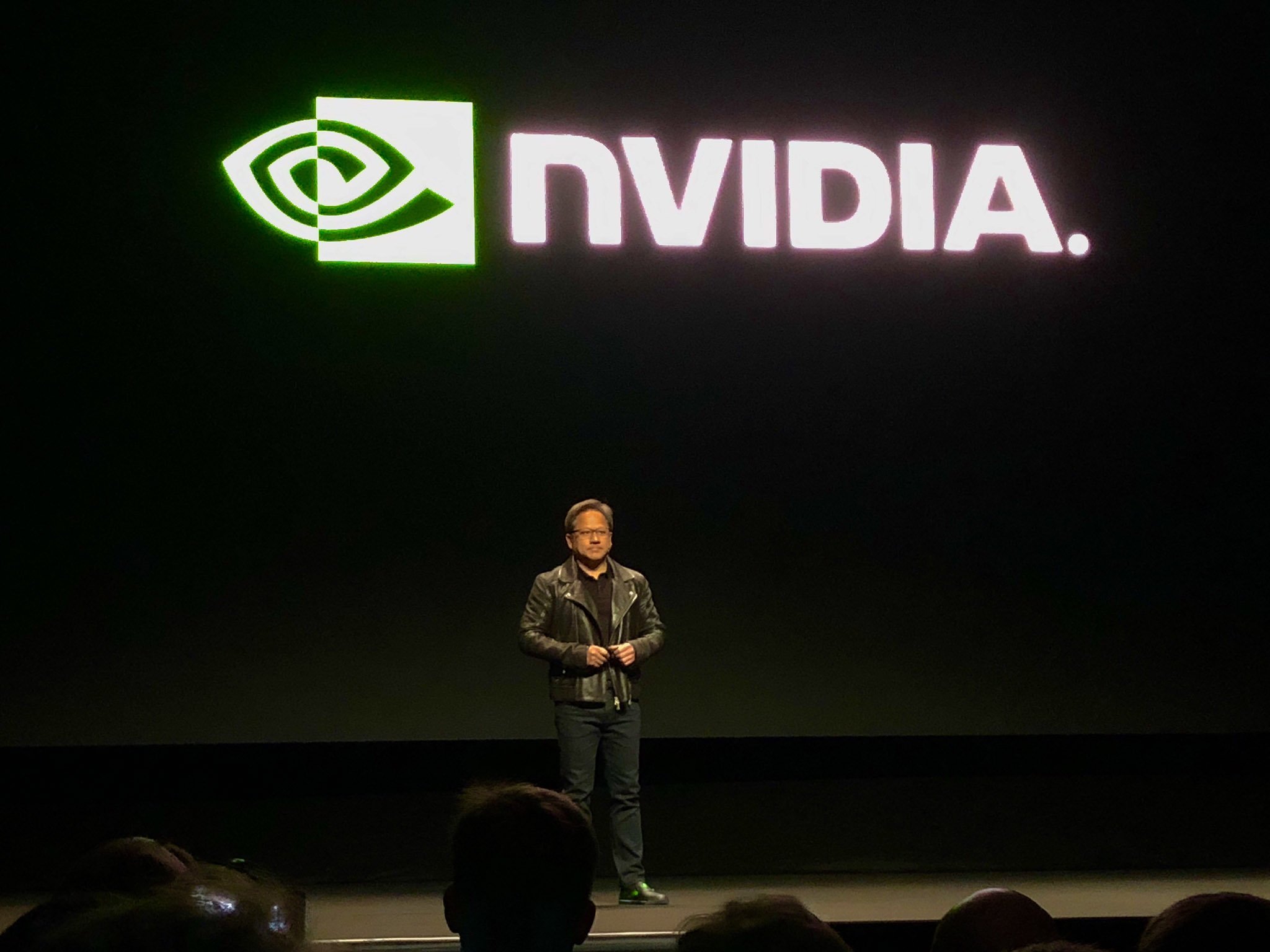
Though many would argue the writing's been on the wall for a while, only now is it official: NVIDIA and SoftBank have thrown in the towel on Team Green's proposed purchase of Arm.
NVIDIA announced its plan to purchase Arm way back in 2020 for a whopping $40 billion. That mammoth deal is now canceled as a result of "significant regulatory challenges."
Significant is no understatement. Governments around the world gave the deal a hard time, as did NVIDIA's rivals. The questions are: Now that the deal's in the rearview mirror, what are the consequences for all parties involved? And how did such a deal fall apart in the first place? These are the queries we reached out to experts to learn more about.
Things fall apart
Though it's unlikely either party went into the deal expecting it to fail, that optimism may have been, in part, due to an underestimation of the obstacles at hand.
Mario Morales, IDC Group Vice President of Enabling Technologies and Semiconductors, weighed in on the subject. He stated that the companies that formed an opposition to the merger may not have been properly accounted for. "I think that was underestimated by both SoftBank and NVIDIA," Morales said, citing the likes of Apple's and Qualcomm's government regulation influencing capabilities as troubles the Arm deal facilitators didn't adequately prepare for.
The benefits of the deal were clear for NVIDIA and SoftBank. The former would gain Arm to help with its AI ambitions, and the latter would score a lot of money. For consumers, the consequences of the deal would be nearly invisible. "I don't think they would see it other than the presence Arm has in phones," Morales said, going on to clarify how Qualcomm, Apple, and other leaders in the industry all do a strong job of keeping their architectural ingredients in the background.
However, for NVIDIA, the benefits would be front and center, especially regarding cloud infrastructure. Now, those benefits are lost. "I think NVIDIA's goal was really to be able to make this an architecture that can compete against x86 in the cloud," Morales stated. "That's where I think it's going to take more time." Instead of being able to leverage Arm's capabilities, NVIDIA will have to build its own strength a day at a time, brick by brick, dollar by dollar.
Get the Windows Central Newsletter
All the latest news, reviews, and guides for Windows and Xbox diehards.
As to who was the real grim reaper in the NVIDIA-Arm deal's collapse, Morales wagers it wasn't China or the U.S., even with the former's notorious regulatory hurdles and the latter's lawsuit against NVIDIA's acquisition. "It's really the UK who stood up and blocked this deal," he said. "They were concerned about sovereignty."
Consequences of a crumbled deal
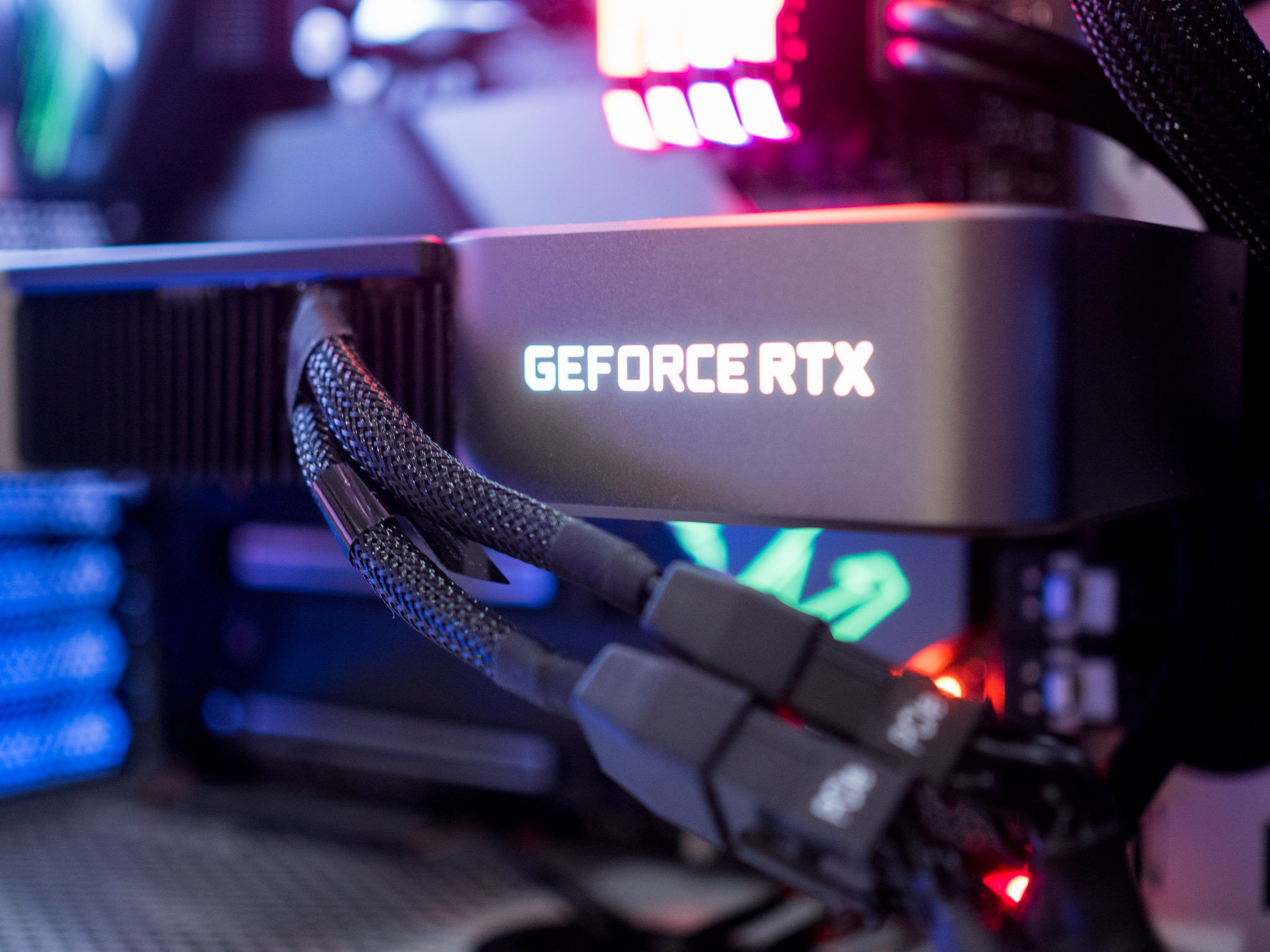
Alan Priestley, Gartner Research VP, gave his thoughts on what the $40 billion deal's death means for the parties involved.
"The breakup of the deal may limit Arm's ability to invest in new intellectual property (IP) developments — especially high performance IP for PCs and servers," he said. "It may slow adoption of RISC-V if ARM's customers now decide to remain with Arm IP." With that said, Priestley foresaw the deal's demise as having minimal impact on NVIDIA's various rivals.
Forrester VP, Research Director Glenn O'Donnell also shared thoughts on the matter. Though he anticipated the deal as being set to succeed back in 2020, the global chip shortage's impact on semiconductor-related media attention and the splash Pat Gelinsger has made at Intel both changed that tune.
"These changing dynamics bring more pressure to oppose the NVIDIA-Arm merger," O'Donnell said. "Regulators see consolidation as being anticompetitive. With all such issues, the truth is neither black nor white, but that doesn't matter much. We now have an environment that is not conducive to such a merger." He added that NVIDIA owning Arm assets isn't a make-or-break situation since the company can still license said architecture.
"In the end, I see the collapse of this deal as a win for the UK — where Arm is based — and for competitors like Intel and AMD," he continued, proceeding to remind us to keep an eye on NVIDIA CEO Jensen Huang. "I seriously doubt it will slow down the trajectory NVIDIA has been on, however. Don't underestimate Huang's ability to drive innovation regardless."
The TL;DR of a $40 billion non-starter
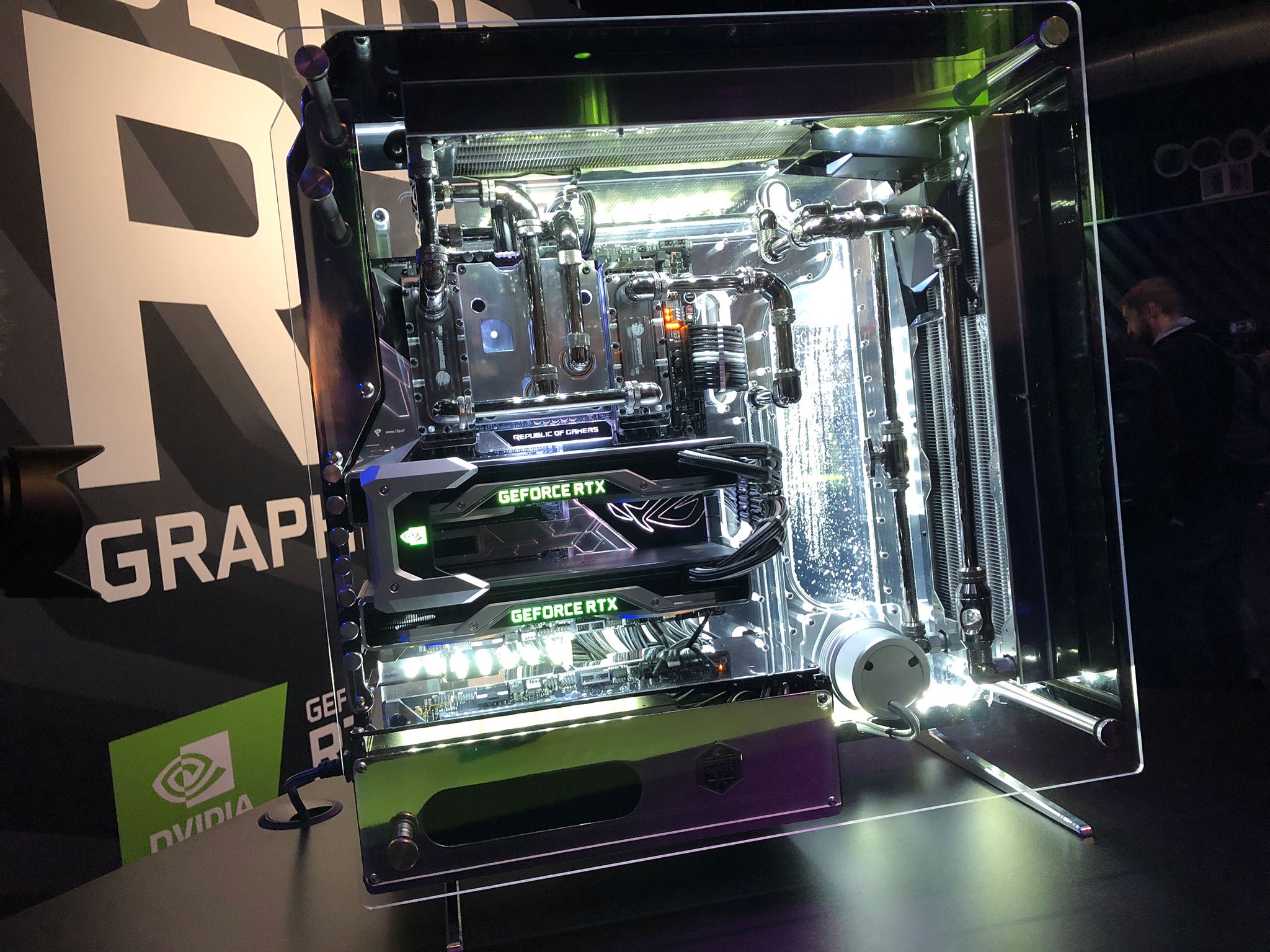
Experts agree that though NVIDIA and SoftBank lose in their own ways here, they'll both ultimately shrug off the damages. On the flip side, the UK wins, with its regulatory efforts having paid off.
NVIDIA's competitors and rivals will also not have to worry about the potential consequences of the acquisition. But, as the experts said, they'll still have to worry about NVIDIA itself. It's never a good idea to count the maker of some of the best graphics cards as down and out, after all.
Robert Carnevale is the News Editor for Windows Central. He's a big fan of Kinect (it lives on in his heart), Sonic the Hedgehog, and the legendary intersection of those two titans, Sonic Free Riders. He is the author of Cold War 2395. Have a useful tip? Send it to robert.carnevale@futurenet.com.

